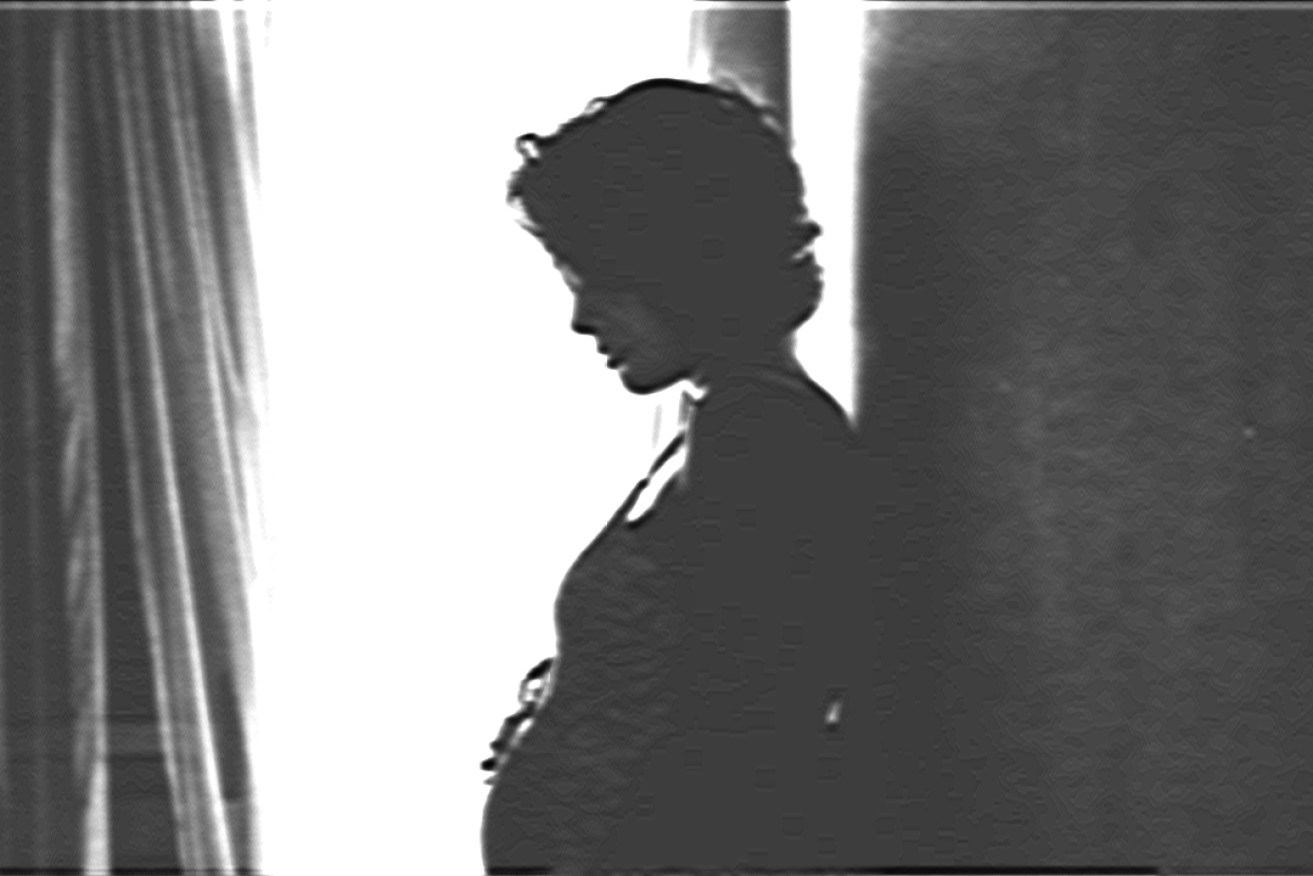For these women, International Women’s Day is not as important as tomorrow
For some women, the celebrations of International Women’s Day mean little as they struggle with little or no financial security, a punitive welfare system and trauma, writes Sarah Gun.

For some women, they're more concerned with getting any pay at all, than a gender pay gap. File image
It starts with a breakfast, then a lunch, a high tea and ends with a gala dinner.
International Women’s Day is full of high-profile networking events that we can all indulge in – and why not? It is a day we celebrate women and girls all around the world.
This year is particularly busy for me. I will be speaking in Canberra for the Department of Employment and Workplace Relations, the International Women’s Day Committee’s High Tea at the Adelaide Town Hall, and at SEDA College’s event for young people.
I am out and about being so visible so I can give a voice to a group of women who are invisible.
These women are among us, but you may not be paying them much attention.
They are quietly spoken, sometimes almost whispering. They are either deathly shy or a little bit frustrated or angry.
They are right in front of you, often buying the cheaper brands at the supermarket, doing their best to look presentable in well-worn clothing.
They are exhausted, worn down, tolerant of waiting their turn, moving slowly amongst us.
They are women living on the margins.
This month’s publication by the Workplace Gender Equality Agency saw the media focus on the gender pay gap, but what if you have no pay to measure against?
This year’s United Nations theme for International Women’s Day is “Count Her In: Invest in Women. Accelerate Progress”.
Yes, let’s keep breaking through the glass ceiling.
Yes, let’s close that gender pay gap.
Absolutely, and at my talks, the audience will be professional women for whom this resonates.
The United Nations website for International Women’s Day says: “We must ensure women and girls are given equal opportunity to build their capabilities and strengthen their capacity to learn, earn and lead.”
The women I want us to “count in” are the women who are slipping through the cracks in all the systems – welfare, employment, health, housing.
They have either experienced domestic abuse or mental ill health, often both. They are mothers and sole carers of their children and are languishing on punitive unemployment benefits.
Some have finished high school, some even have masters degrees but most have been out of the workforce for a long time. On average, for over five years and sometimes much longer.
If they are lucky enough to have a safe home, it is rarely theirs. And they have little or no financial security.
Their barriers to employment are complex: lack of confidence and mental ill-health often resulting from the trauma of domestic and family violence or coercive control, poverty and the subsequent lack of opportunity, mental illnesses including anxiety and depression, addiction, racism, social isolation and caring for children.
Twelve years ago I made a small but brave decision. I had an inkling that if I could use my business for good I could perhaps have a positive impact on some of these women’s lives.
Today my foundation runs an Inclusive Work Program where we work with women to rebuild their lives, their confidence, their capabilities and work-readiness, and their voice. This is so they can enter the workforce, build their financial independence and end the cycle of disadvantage for them and their children.
International Women’s Day is a day to celebrate and to raise awareness. But what comes next?
This month’s publication by the Workplace Gender Equality Agency saw the media focus on the gender pay gap, but what if you have no pay to measure against?
I am grateful to be travelling to Canberra, and attending events here in Adelaide to give a voice to these voiceless women.
I know when I look across the room I will get nods and looks of concern, I will even hear “I feel so helpless to do anything”.
Yet there is so much we can do. That we must do.
It all begins by making sure the issues we raise, the focus we have and the energy we put into celebrating International Women’s Day we do every day.
Because many of the women I work with will not care about the 8th March, they just want to know: what happens tomorrow?
Sarah Gun is the CEO of Adelaide-based events company GOGO Events and the GOGO Foundation.




